Living, learning, growing, and adventuring down under was a dream for me. I lived in a cabin in the rainforest of Tropical Far North Queensland (FNQ) and got to spend a month learning the mystical and ecological ways of the rainforest. I chose this program because I wanted to learn more about rainforests and visit Australia; and I found that I got all I wanted and more. This program equipped me with the skills I desired to be a better researcher while also surprising me with insight and ideas I didn’t know I needed.
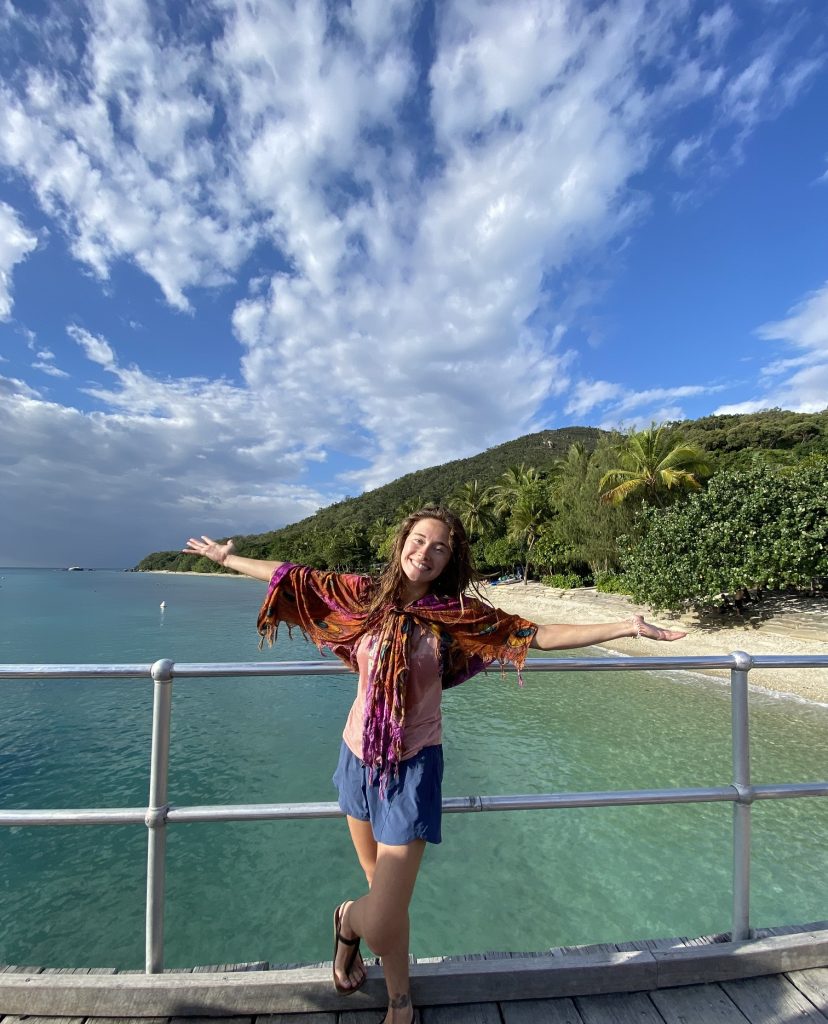
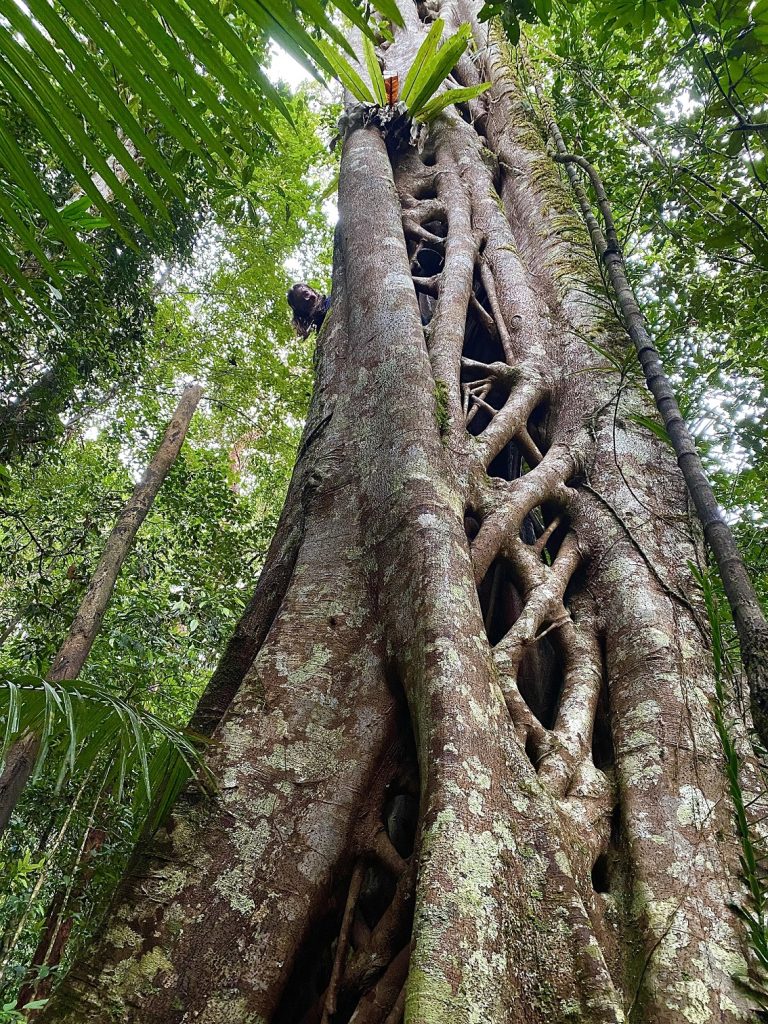
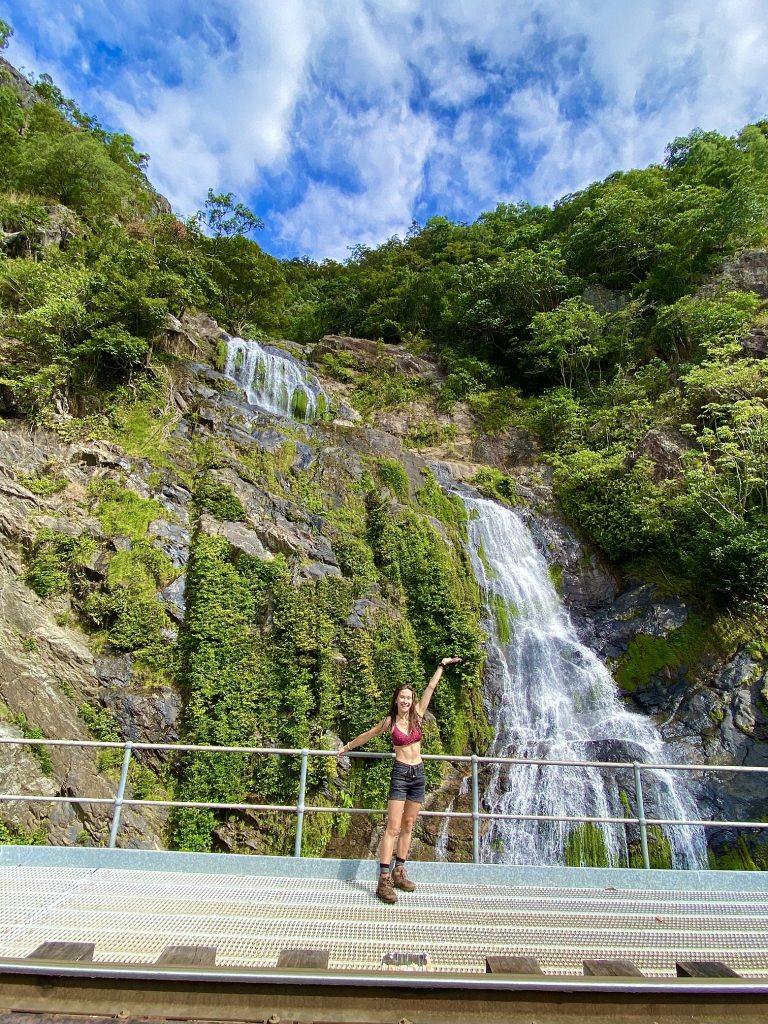
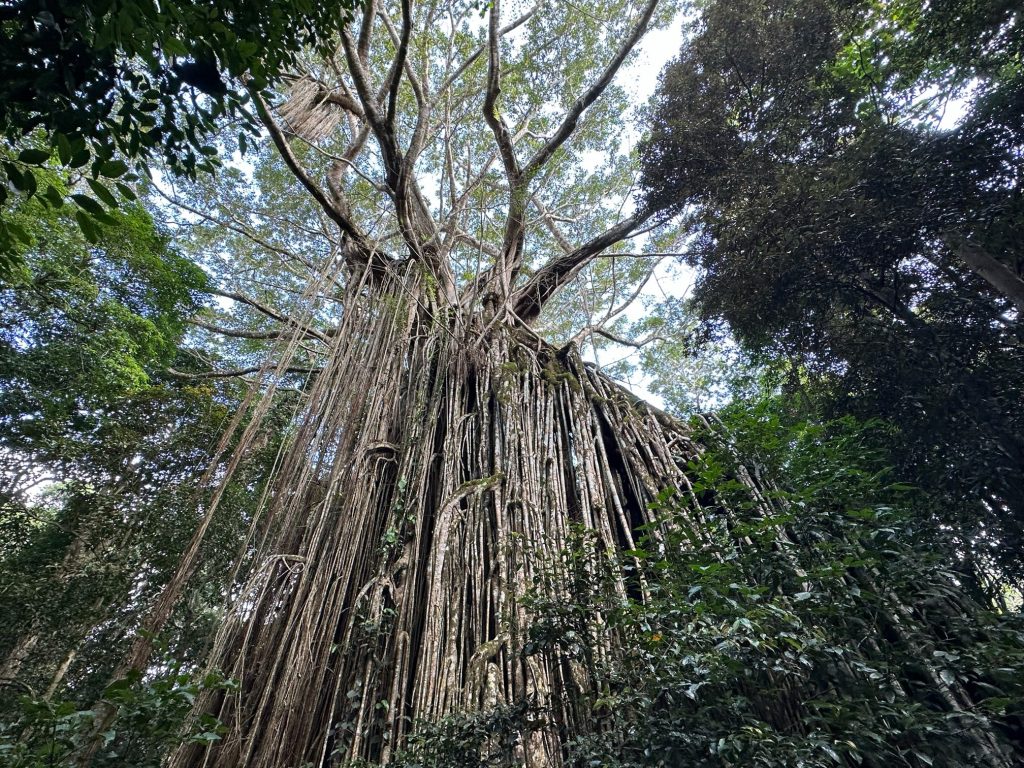
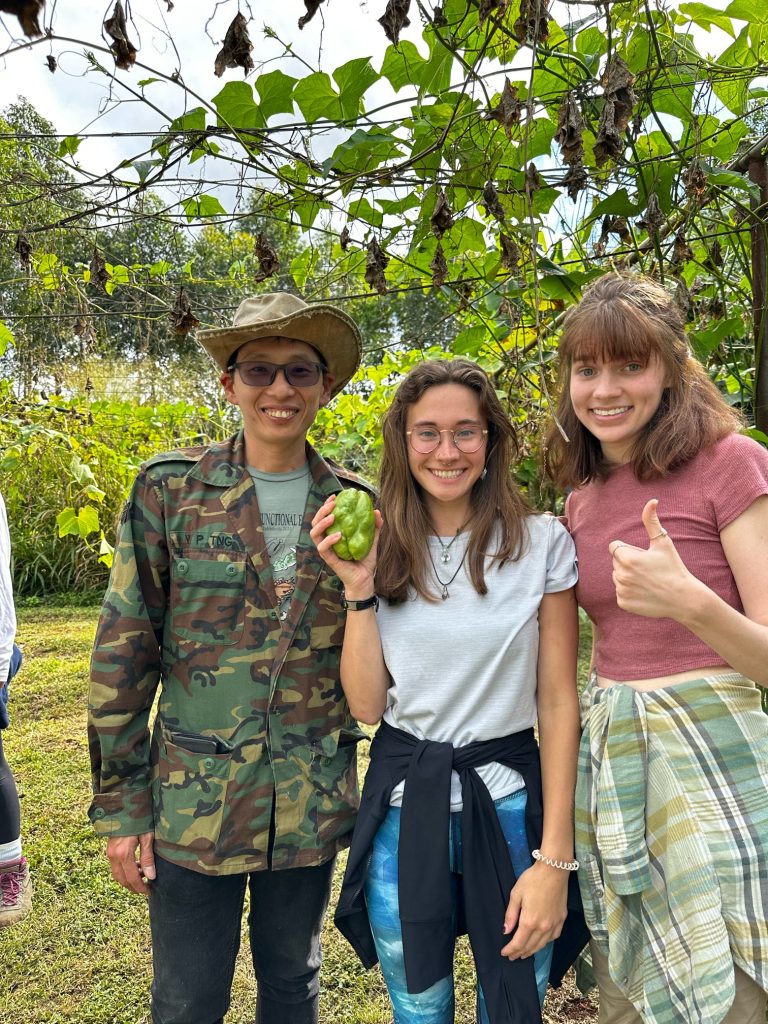
We were based in the Atherton Tablelands but gained wider experiences of various Australian biomes: rainforest, savanna, and marine. Learning about each of these ecosystems in lecture then experiencing them during field trips was an unmatched level of experiential learning. We saw different types of forests at Lake Barrine, Lake Eacham, Daintree National Park, and Cape Tribulation. We saw savanna at Granite Gorge and wetlands at Catanna. We explored the Great Barrier Reef at Fitzroy Island, where I was introduced to the magic of an underwater world. Whether exploring on or off program time, I got to immerse myself in incredible stretches of nature. Every day felt like a once in a lifetime experience. My favorite excursion was visiting a Syntropic Farm and learning about the principles of this type of regenerative agriculture. My life trajectory shifted when my eyes were opened to this farming practice.
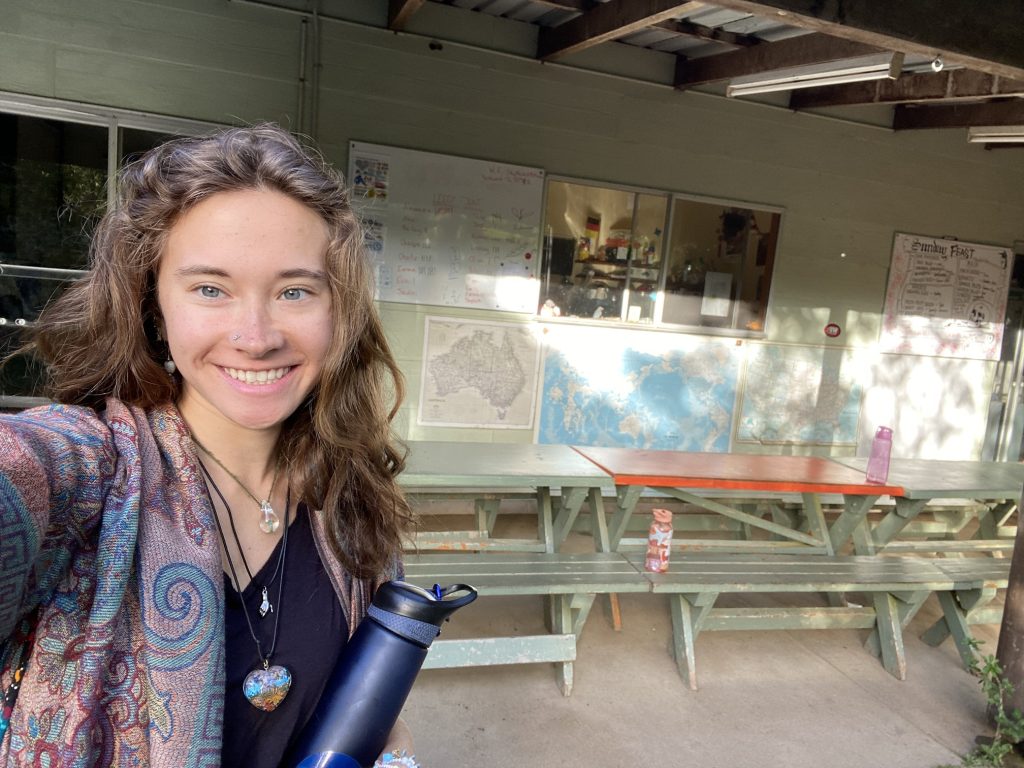
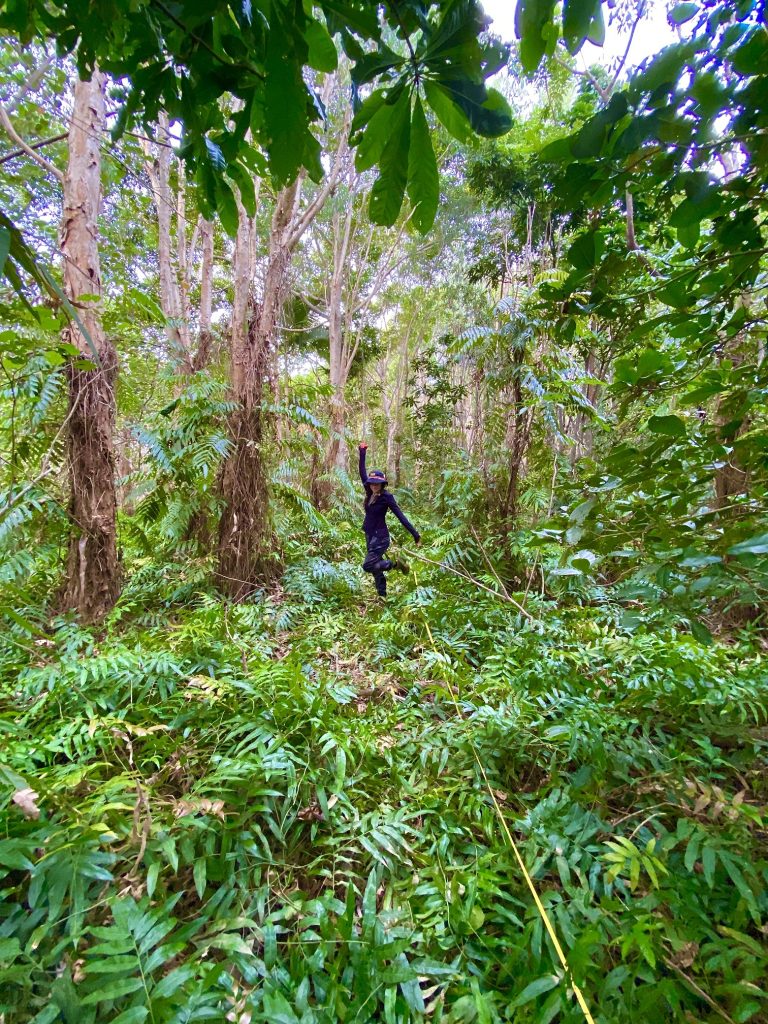
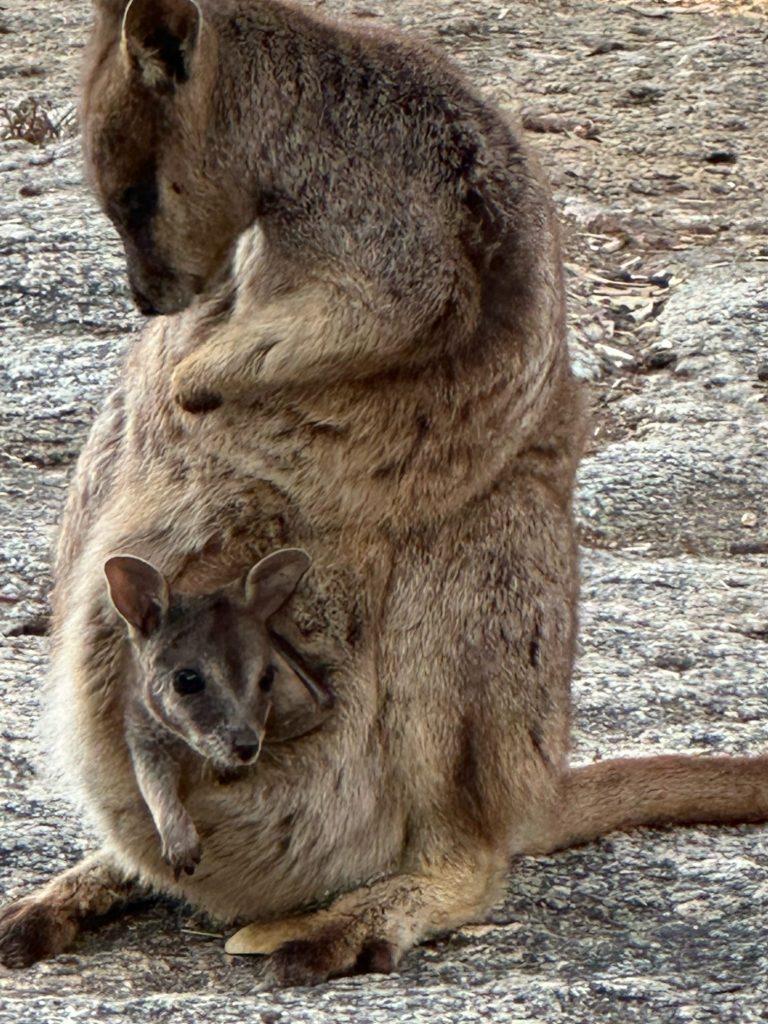
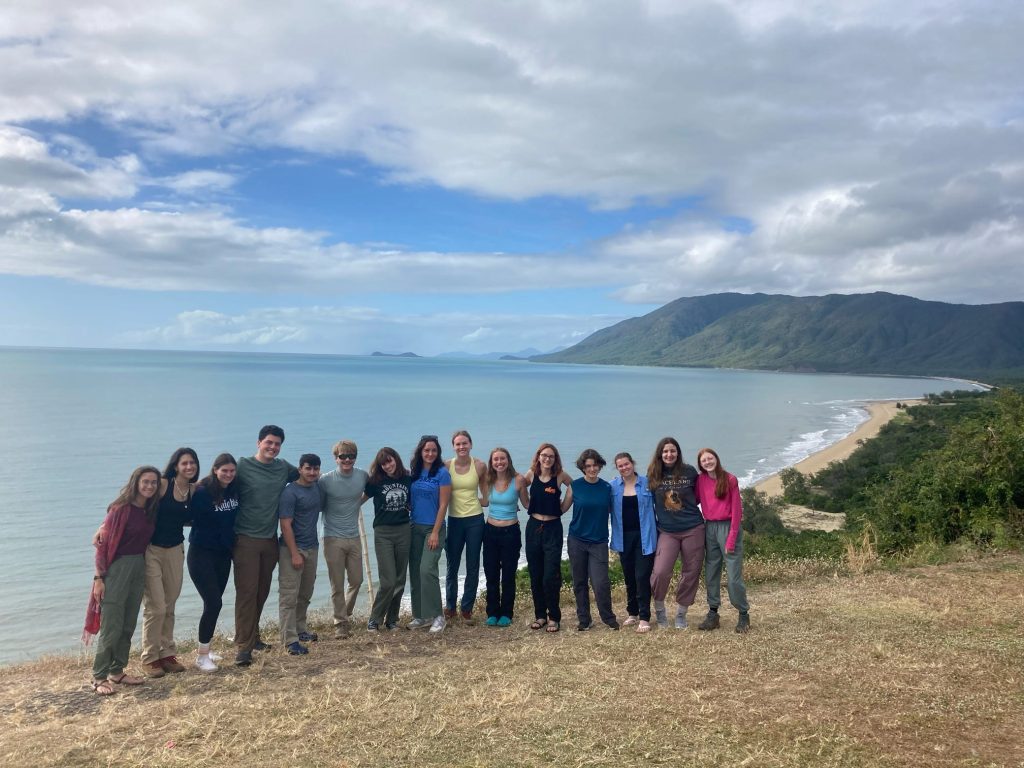
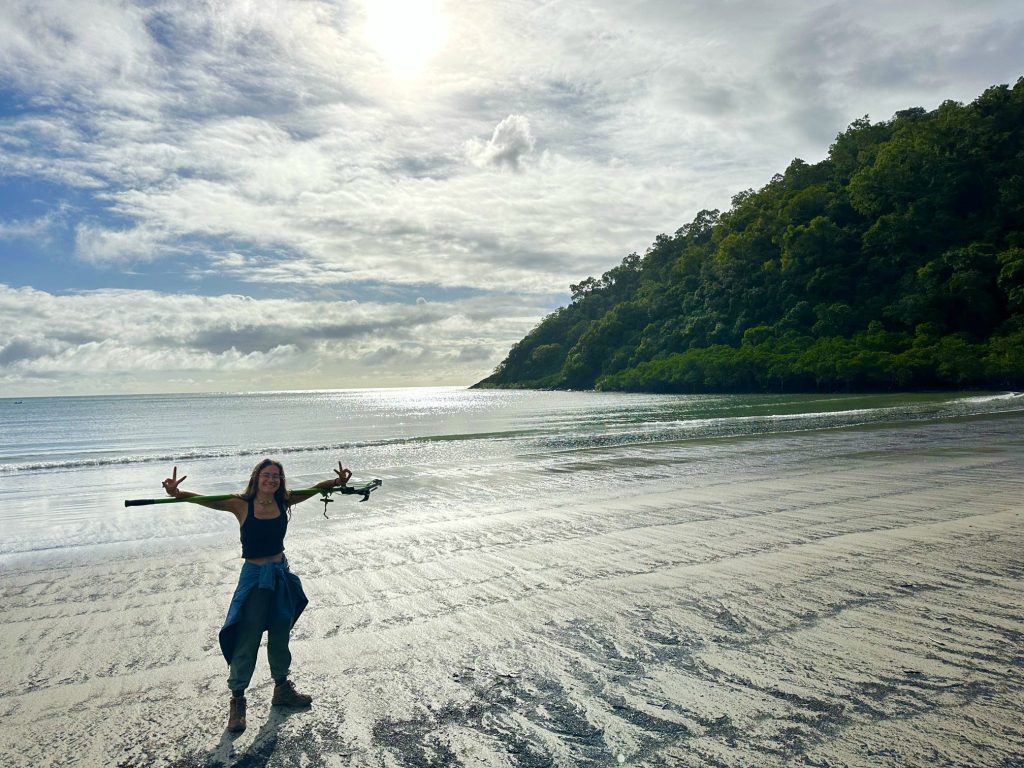
As far as academic endeavors, learning from the professors at SFS Australia was one of my favorite parts of the entire program. I felt I was being provided the vital knowledge that I had been missing throughout my college career. I truly enjoyed the Field Exercises (FEX) and the research component that came with them. Our FEX 1 was creating profile diagrams for each type of biome we visited, which was interesting to draw comparisons among the ecosystems we studied. The FEX 2 was testing and comparing the flammability of savanna versus forest vegetation, which showed me the importance of using research for land management. Our FEX 3 examined shade tolerant versus intolerant species of Macaranga and FEX 4 looked at bryophyte diversity. We also focused on different biodiversity assignments and mine was discovering the diversity of lichen species in tropical Queensland. Through these specialized projects and write-ups of our findings, I gained more experience in the field and in writing scientific literature. I also really appreciated the insight I gained on Aboriginal culture.
We also had a couple free weekends in which we got to explore FNQ on our own and this was beneficial to me because I feel I got a perfect balance of being a part of a community and being a solo adventurer. I went on a snorkeling tour, took part in new fitness classes, and went on daring hikes with friends, making memories that I will never forget. Another favorite part of the experience was being surrounded by amazing wildlife. From waking up to the sound of chowchillas in the morning to hanging out with wallabies and peacocks in the savanna, I got to see so many different amazing creatures.
From syntropic farming to plant barbeques, my worldview expanded each day. From lichen research to coral reefs, I was continuously reminded that nothing is too good to be true. I feel so blessed to experience what I could of this paradise!
Joslyn Primicias (BS Environmental Science) spent the Summer 2023 semester studying abroad in Queensland, Australia through The School for Field Studies. Joslyn had the following to say about studying abroad, “Studying abroad as an environmental scientist is important to me because, in order to save the world, you have to see it first! The Earth is so big, and I am so small, but we are both magic.“
Share this post:
Leave a Reply